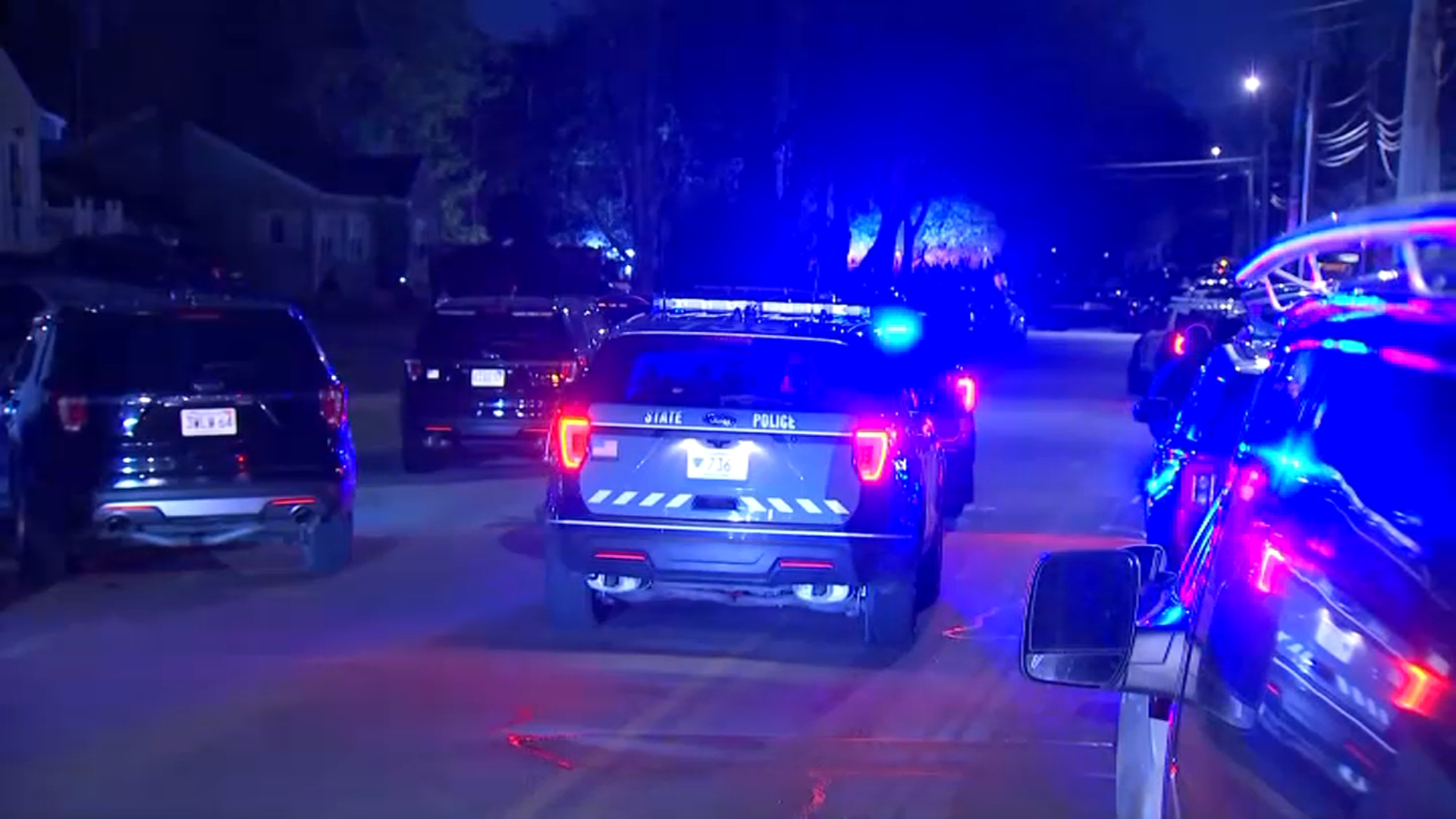If you’re not sleeping great, you’re not alone - Many Bay Staters aren’t getting enough sleep.
At 2 a.m. on Sunday, we’ll turn the clocks back an hour, as Daylight Saving Time ends.
You may gain some sleep, but any disruption to your sleep patterns will involve a period of adjustment.
And while a good night’s sleep can leave you feeling great, a lack of sleep can make for bad days and even bad health.
Get New England news, weather forecasts and entertainment stories to your inbox. Sign up for NECN newsletters.
The Centers for Disease Control and Prevention says not getting enough sleep is linked to many chronic conditions, like heart disease, obesity, diabetes and depression, and it can lead to accidents.
Adults need on average need about seven hours of sleep for good health and well-being, and some need even more.
Local
“You have to be honest about what your energy levels are like during the day,” said Dr. Aran Kadar, co-director of the Newton Wellesley Hospital Sleep Center. “Are you needing, you know, four or five cups of coffee to get through the day and function? Are you restricting your sleep with an alarm? Are you...really giving yourself the amount of sleep that you're that your body needs?”
Nationwide, about 29% of US adults report getting insufficient sleep - less than seven hours in a 24-hour period.
The numbers are slightly higher in our area, according to the latest data collected for Massachusetts from the CDC’s Places initiative.
Suffolk and Worcester counties top the list with around 38% of adults saying they aren’t sleeping enough.
Residents in Essex and Middlesex counties are finding a way to catch a little more shut eye.
Here is the breakdown by county:
Worcester 38%
Suffolk 37.6%
Plymouth 35.9%
Norfolk 34.2%
Essex 33.8%
Middlesex 32.3%
What can you do to sleep soundly? Try making some small adjustments.
“One recommendation I make to a lot of people complain of sleepiness is even if it's just as an experiment during the week, try to give themselves an extra 30 to 60 minutes of sleep during the week and see if that has any impact on how they're functioning during the daytime,” Kadar said.
“If you're somebody who has a drink most nights of the week, just try leaving out the alcohol for a week or two and assess for yourself the impact that it has on your sleep,” he said. “People who are eating meals close to bedtime might provoke heartburn that can disrupt sleep. And so trying to change the timing of meals is another experiment.”
Creating a bedtime routine, like you do with your kids can also help. And while the light from looking at screens at night can interfere with sleep, it’s not the only thing.
“I think also the content of what's on your screen makes a big difference. You know, if people are checking work-related emails, you know, there's nothing soothing coming through an email,” Kadar explained. “People get into bed, they start worrying about finances ...and they don't allow themselves some ritual or activities to unwind and let go.”
And look for opportunities to allow yourself to get to bed earlier. Are you staying up at night for a reason, or are you just in the habit of watching TV? Turn off the TV and get some extra sleep.



